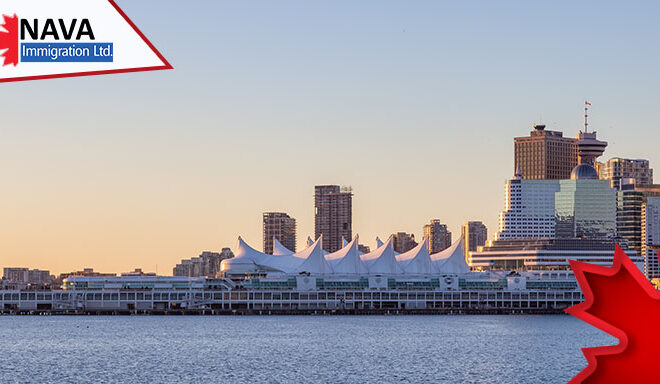Is There A Residency Requirement For Canadian Citizenship?
Part of maintaining the PR status is meeting residency requirements. Let’s see if there’s a residency requirement for Canadian citizenship.
In simpler terms, in order to avoid losing PR status, those who immigrate to this country must reside in Canada for a minimum of 730 days over the last five years.
The 730 days used to meet residency requirements for Canadian citizenship needn’t be continuous.
In certain cases, time spent outside Canada might count towards the 73–day residency requirement for Canadian PRs. As an example, this might conditionally apply to PRs who work outside of Canada or travel abroad with their spouses/common-law partners. Time spent abroad might also count towards the residency requirement for dependent children who are PRs in Canada but should travel with their parents.
Is There A Residency Requirement For Canadian Citizenship?
While a residency requirement is imposed on those with valid PR status in Canada, it is understandable that some foreign nationals – specifically people who are in the early stages of considering the transition from PR to Canadian citizenship – might be unclear about whether there is a similar requirement once they obtain citizenship.
As a Canadian with a Canadian passport, you can travel abroad as long as you would like without fear of losing your citizenship.
Reasons You Might Lose Your Canadian Citizenship
Part of maintaining the PR status is meeting residency requirements. Let’s see if there’s a residency requirement for Canadian citizenship.
In simpler terms, in order to avoid losing PR status, those who immigrate to this country must reside in Canada for a minimum of 730 days over the last five years.
The 730 days used to meet residency requirements for Canadian citizenship needn’t be continuous.
In certain cases, time spent outside Canada might count towards the 73–day residency requirement for Canadian PRs. As an example, this might conditionally apply to PRs who work outside of Canada or travel abroad with their spouses/ common-law partners. Time spent abroad might also count towards the residency requirement for dependent children who are PRs in Canada but should travel with their parents.
Is There A Residency Requirement For Canadian Citizenship?
While a residency requirement is imposed on those with valid PR status in Canada, it is understandable that some foreign nationals – specifically people who are in the early stages of considering the transition from PR to Canadian citizenship – might be unclear about whether there is a similar requirement once they obtain citizenship.
Simply put, there are no residency requirements placed on Canadian citizens. As a Canadian with a Canadian passport, you can travel abroad as long as you would like without fear of losing your citizenship.
Reasons You Might Lose Your Canadian Citizenship
IRCC notes that there are three reasons that a Canadian can have their citizenship revoked. These include:
- False representation
- Fraud
- Knowingly concealing material circumstances
Note: ‘Material circumstances’ might include such things as the amount of time spent residing or being physically present in Canada.
More Key Information About PR Status In Canada
The following covers the critical areas of focus related to understanding PR status in Canada.
- The Significance Of PR Card
A Canadian immigrant’s PR Card is evidence that they have obtained PR status. It serves as a mandatory identification document when returning to/ leaving Canada. Moreover, it must be presented alongside a passport/ refugee travel document by any PR traveling abroad & returning on a commercial vehicle.
Those who are traveling outside of Canada without a valid PR card must apply for PRTD.
- What Canadian PRs Cannot Do?
As a Canadian PR, you might not even vote/ run for political office in Canada. In addition, PRs in Canada cannot obtain specific jobs that require high-level security clearance.
On the contrary, there are numerous benefits that you can enjoy in Canada as a PR. They include:
- The ability to live, work, or study anywhere in Canada
- Eligibility to apply for Canadian citizenship
- Eligibility for most social benefits that Canadian citizens receive, including a Social Insurance Number to work in Canada
- Lastly, protection under Canadian law & the Canadian Charter of Rights & Freedom
- Why PRs Might Lose Their Status
The four primary reasons that a PR might lose their status in this country include:
- If an IRCC officer determines that an individual is no longer a PR after an inquiry or PRTD appeal following a refusal
- If someone voluntarily renounces their PR status
- If someone becomes the subject of an enforced removal order
- Finally, if someone becomes a Canadian citizen
Note: PRs in Canada do not lose their status if their PR card expires. Moreover, it will remain a PR until an official status decision is passed down by IRCC, even if they do not meet the residency requirement.





